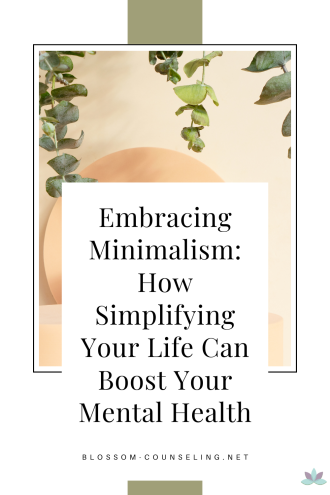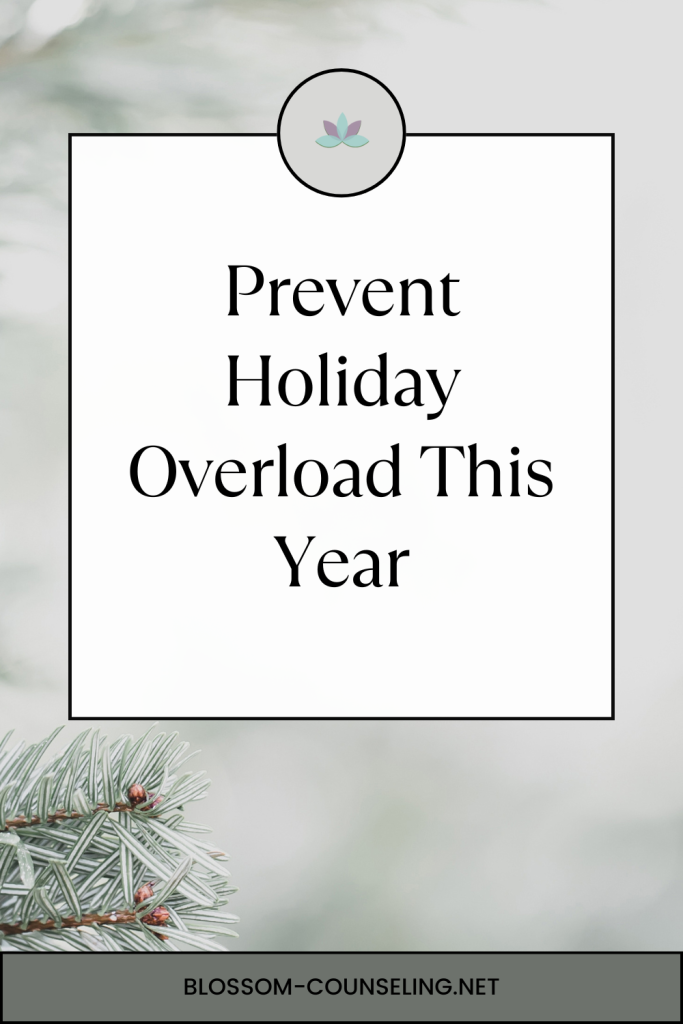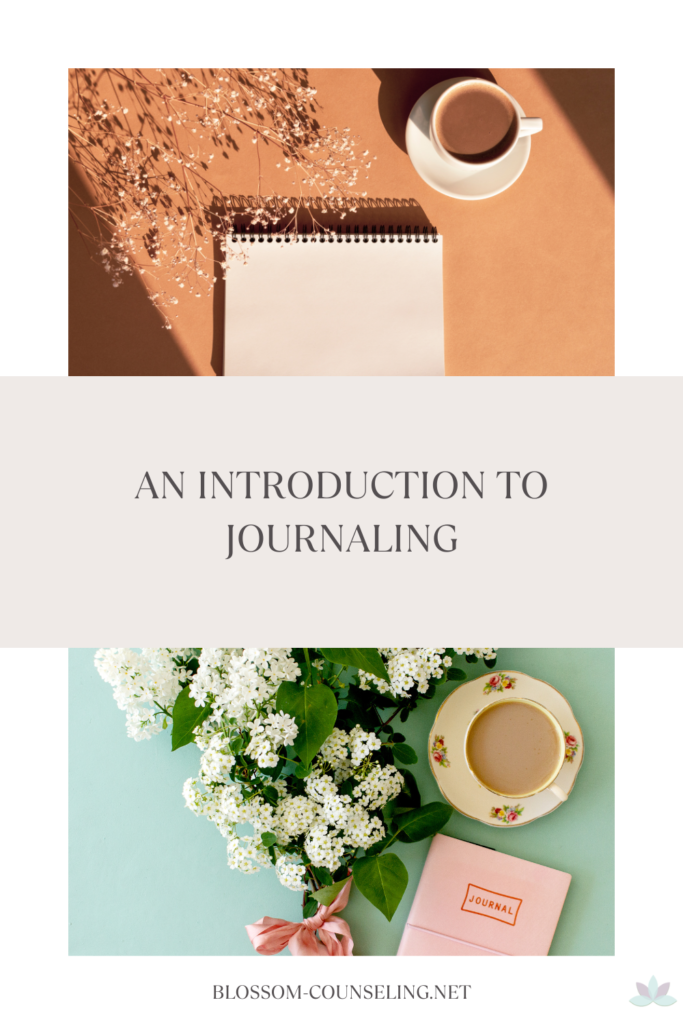
In our fast-paced, modern world, the allure of minimalism is becoming increasingly hard to ignore. But what exactly is minimalism, and how can it enhance our mental health? At its core, minimalism is about stripping away the non-essential, focusing on what truly matters, and finding serenity and satisfaction in simplicity.
The Mental Clutter of Excess
Our environments often reflect our inner states. A cluttered space can signify a cluttered mind, where excess belongings not only take up physical space but also mental space. Every extra item you own competes for your attention, and managing them can drain energy and increase stress. This isn’t just about having too many physical objects. Digital clutter, multiple commitments, and the pressure to stay constantly connected can all add to a feeling of being overwhelmed.
The Psychological Benefits of Minimalism
1. Enhanced Focus and Clarity: By reducing the number of distractions around us, minimalism can help sharpen our focus and clarity. A simplified environment frees up mental space for the things that truly matter, allowing for a more focused and directed use of mental energy.
2. Reduced Anxiety: There’s a profound tranquility that comes with a minimalist lifestyle. Less clutter means fewer stimuli causing your brain to multitask or become anxious. A decluttered space can promote a more relaxed mind and help mitigate feelings of anxiety.
3. Increased Satisfaction: Minimalism encourages appreciation for the items and activities that truly add value to our lives. This can lead to greater satisfaction because we place more value on quality rather than quantity. Embracing fewer, but more meaningful possessions and experiences can deepen our appreciation and enjoyment.
4. Greater Sense of Freedom: Accumulating possessions can often tie us down. There’s a liberating feeling that comes with letting go of unneeded items and the responsibilities that come with them. This freedom can lead to reduced stress and a lighter, more agile approach to life.
Living Minimally in a Maximal World
Transitioning to a minimalist lifestyle doesn’t mean you must live in an ultra-modern home with bare walls and the barest essentials. It’s about finding the right balance that works uniquely for you. Here are a few ways to incorporate minimalism into your life:
- Declutter Your Space: Start by removing items you no longer use or that don’t bring you joy. Whether it’s clothes, papers, or knick-knacks, reducing physical clutter can have an immediate positive impact on your mood and stress levels.
- Digital Detox: Simplify your digital life by unsubscribing from unnecessary emails, limiting time on social media, and decluttering your digital files. This can help reduce feelings of being overwhelmed and increase productivity.
- Single-Tasking: Instead of trying to do several tasks at once, focus on one task at a time. This practice not only increases efficiency but also helps maintain mental clarity and reduces stress.
- Mindful Consumption: Before making a purchase, ask yourself if it’s necessary. This approach helps prevent clutter from accumulating and encourages a more thoughtful and intentional way of living.
The Impact of Minimalism on Relationships
Interestingly, minimalism can also enhance relationships. With fewer physical and digital distractions, we can be more present with our loved ones. Simplifying commitments can free up more time for meaningful interactions, strengthening connections and improving emotional well-being.
Minimalism is more than just an aesthetic choice; it’s a way of life that fosters mental clarity, reduced stress, and a deeper sense of fulfillment. By choosing simplicity, we not only enhance our own mental health but also create a more mindful and meaningful existence. Embracing minimalism might just be the key to finding more joy and less stress in our daily lives, allowing us to focus on what truly matters.




